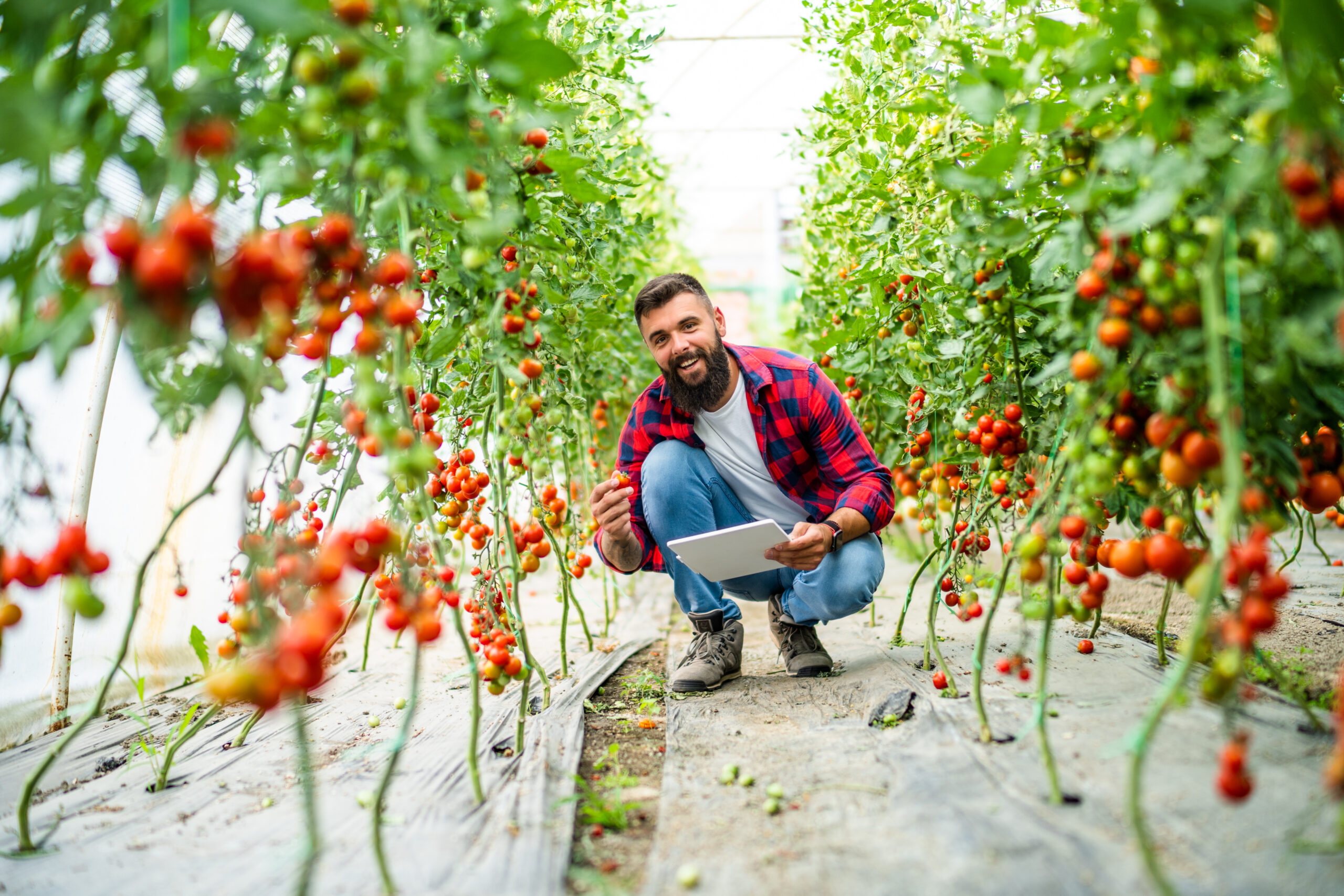The integration of advanced technology in farming has redefined farming over the years, and technological advancements have revolutionized agro-industries in several ways.
As far as agriculture is concerned, it is one of the mainstay occupations in many countries worldwide, and with rising populations, farmers have to do more with less as there will be pressure on the availability of agricultural land also.
Food production will have to increase more than now to feed the rising population worldwide.
And for this, the traditional methods of agriculture will not be able to manage the demand. This drives farmers and agro companies to find innovative ways to increase crop yield and reduce waste.
Artificial intelligence integration is steadily emerging as a new way to make footprints in the agricultural industry’s technological evolution.
The Integration of AI in Agricultural Practices
Automated Work Process
The integration of artificial intelligence in agriculture can automate agricultural processes in various ways. AI-backed satellites can enhance agricultural processes and enable to identify crop water requirements and various crop diseases. IoT-enabled mobile apps allow farmers to collect satellite data regarding crops in the field on their phones. It gathers real-time crop data and empowers farmers to make well-informed decisions in less time. Thus, agriculturalists can take more preventive measures to improve the crop production cycle.
Precision Farming
AI transforms rural farmlands into smart connected farms by combining various smart technologies such as big data, AI, IoT, machine learning, cloud, etc. The sensors can easily detect crop growth and requirements. Even drones are used in farming to analyze soil hydration, spatial analysis, yield problems, etc.
The smart drones can also help to precisely spray pesticides on vast farmlands on the diseased crops, works to add nutrients, check the physical properties of moisture, pH balance of soil, etc. The possibilities of AI and data analytics seem endless when it comes to precision farming.
Monitoring Crop Growth
AI plays a crucial role in crop monitoring and growth. From seed selection to predicting the time for crop harvesting, AI enables farmers to achieve maximum return on crops. AI-enabled sensors can analyze crop needs such as fertilizers, water, etc., and notify farmers about plant needs through smart IoT applications.
Effective Soil Data Collection
AI-integrated tools can collect precise data on soil samples. Agri-business can make use of AI-based sensors to collect dynamic data on the soil. Agro-businesses are using AI-based soil sensors, valves, and flow meters to gather static and dynamic soil data.
To control the water flow to the crops on the farmlands, the advanced systems further examine the data that has been gathered. This agricultural technique effectively facilitates overall functioning.
Final Thoughts
With the aid of artificial intelligence, farmers may automate their operations while also switching to precise cultivation for improved crop quality and production while consuming fewer resources.
Companies working to advance machine learning or AI-based goods and services, such as training data for agriculture, drones, and automated manufacturing, will benefit from future technological advancements that will bring more beneficial applications to this industry, assisting the world in addressing issues related to food production for the expanding population.
 EN
+1 669-231-8743
EN
+1 669-231-8743
